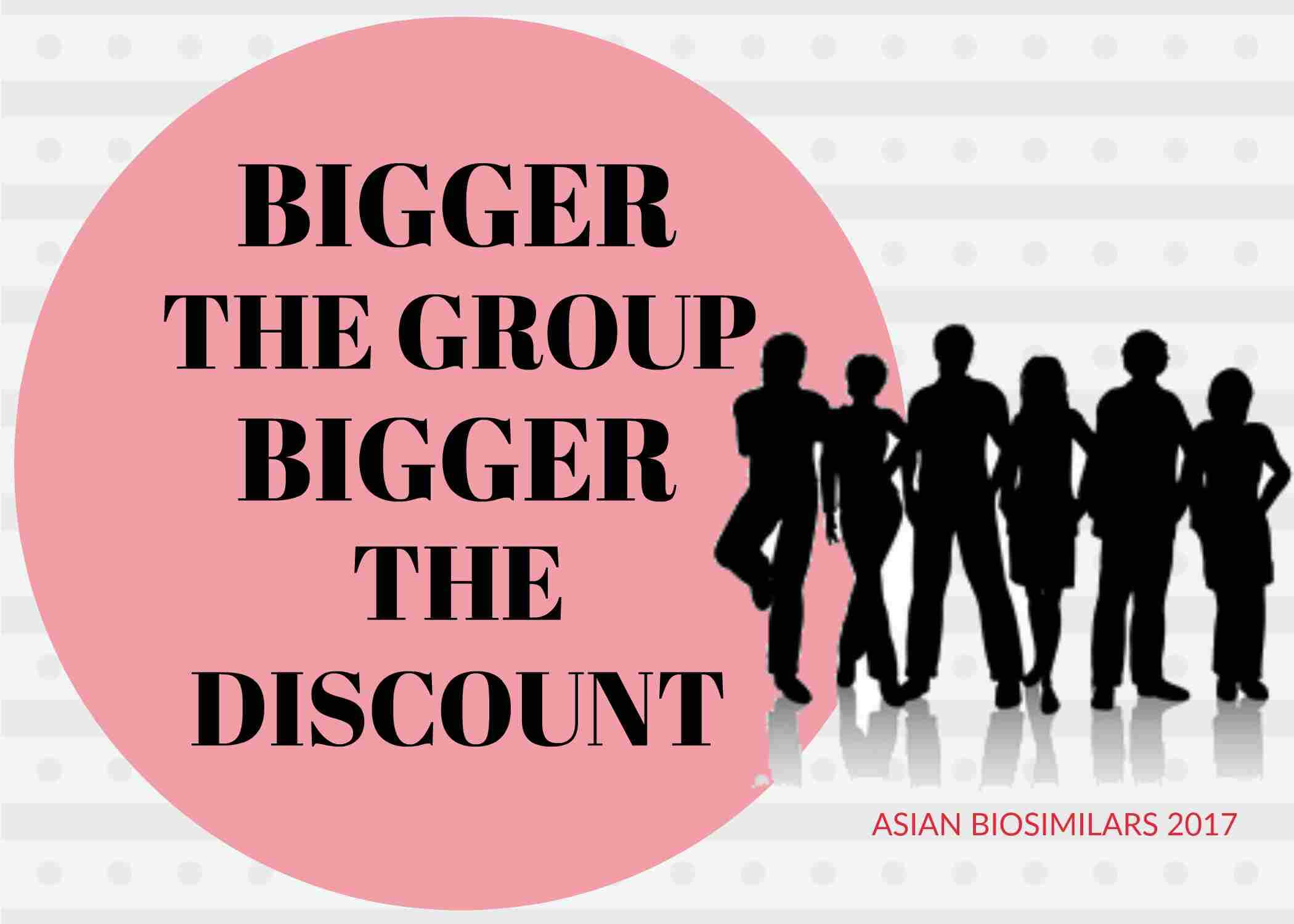
Gustavo H Marin
Head Professor at UNLP-CONICET, Argentina
Title: The role of regulatory policies in relation to the local biosimilars production
Biography
Biography: Gustavo H Marin
Abstract
Biosimilars are medicines that are not original products subject to patents; greatly reduce the cost of treatments. However, if they are subject to the processes of guarantee of efficacy and safety that are requested to the original biotechnological medicines, the costs remarkably increase. This point force countries to face a dilemma, provide access to their population to innovative treatments or avoid the potential adverse effects associated with their use. Biosimilars are increasingly attractive niche to several countries around the world. They are drugs of biotechnological origin, which has proven to be comparable to the innovative drug of reference once its patent has expired, since they are considered therapeutic equivalents in terms of safety and efficacy. However, these data come from very expensive studies such as randomized clinical trials. It is thus that underdeveloped countries like those of Latin America are in a permanent dilemma of either guaranteeing the access to these new products (generally for catastrophic diseases) or taking care of the population of its potential adverse effects. Latin American governments developed different strategies to face biosimilars market. Abbreviated regulatory pathways, alliance between public and private sector, promotion of science agencies benefits to finance part of local industry to develop new biosimilars and transfer of human resources from the academic to the business are some of those strategies. Brazil, Cuba and Argentina are interesting examples to study because their way chose to develop the industry. While Brazil and Cuba has led policies to increase the development of biosimilar drugs based on local public manufacturing capabilities and on relaxed standards regulation and became one of the majors world producers; in Argentina, exists three majors biotechnology private pharmaceutical enterprises that managed the market, articulating with local science and technology infrastructure and receiving governments’ benefits in order to enter into the biosimilars segment. In this last country the Regulatory Administration (ANMAT) did not accompany the promoting policies relaxing the regulatory standards. Through these experiences, it would seem that in order to be successful in the development of the local biosimilars market, it would be necessary to accompany the market’s efforts with flexibilities in regulatory, registration and production standards.

